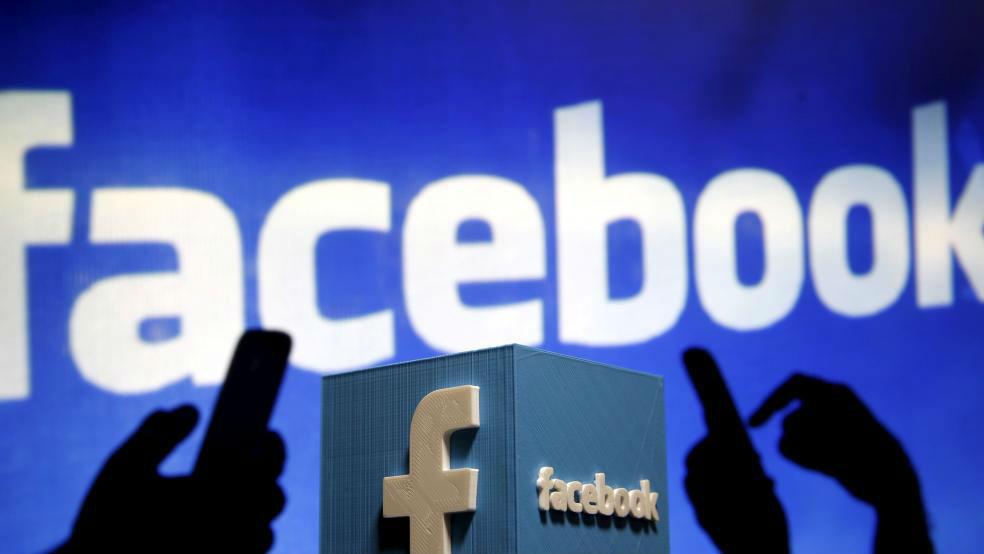Trump administration quietly announces plans to monitor immigrants' social media accounts

The United States government has quietly announced that it is planning on continuing to collect social media information on immigrants in America, a policy that has experts worried about privacy abuses and inefficiency.
The rule, which was first spotted by Buzzfeed News and published last week by the Department of Homeland Security (DHS) in the Federal Register, would apply both to new arrivals in the country who have also undergone extensive vetting, as well as to naturalised citizens. The policy says the Department wants to include “social media handles, aliases, associated identifiable information, and search results” in the immigration files it keeps. It is unclear how immigration agents would access the accounts.
But lawyers and experts say that the new policies are not likely to improve security in the United States, and that this system opens itself up to potential abuses and mistakes that could needlessly damage people’s lives.
“Most of the vetting they already do is a lot deeper than what you can possibly do in social media vetting,” Alex Nowrasteh, an immigration policy analyst at the Cato Institute, told The Independent. This will “just add another layer of bureaucracy without protecting anyone.”
Social media monitoring policies first began to be considered by DHS following the mass shooting in San Bernardino in 2015, Mr Nowrasteh said, when reports began emerging that one of the shooters had said on social media that she was a jihadist interested in hurting Americans, before coming to the US from Pakistan.
As it turns out, those reports were fake news. While the shooter had expressed extremist views, she only did not do so on traditional social media platforms. Investigators later uncovered private messages as emails and communications on a dating website, and on an online messaging platform, but not on websites like Facebook, Twitter, or Instagram.
The DHS, however, went ahead with at least three pilot programmes to screen immigrant social media profiles anyway. They found that the screenings produced no clear links to national security threats or concerns among refugees, even for those individuals who the US determined posed a security risk through other means.
“It’s very easy to avoid doing this stuff. People who post online use pseudonyms. They use pseudonyms if they’re supporting violence,” Mr Nowrasteh said, noting that any savvy would-be terrorist could simply not post extremist views on their public social media before travelling to America. “Unless you somehow magically come up with a way to know every alias, this won’t add to security.”
The Department of Homeland Security said in an email that the rule does not represent a new policy for immigration screening, and that it published its update to privacy records in an “effort to be transparent, to comply with existing regulations”, and to comply with existing disclosure requirements.
César Cuauhtémoc García Hernández, an associate professor of law at the University of Denver’s Sturm College of Law, told The Independent that monitoring social media accounts could have a chilling effect on free speech. Immigrants and naturalised citizens may self-censor, worried that their social media activity may get them flagged by DHS for having values or ideas contrary to that of the federal government — even if the posts are not a threat to US security.
For example, an immigrant who posts a photo of themselves in front a marijuana dispensary in Colorado could potentially be flagged. Recreational marijuana is legal in Colorado, but technically illegal under federal law. Immigration agents, seeing that photo, could then reasonably ask if the immigrant had smoked marijuana, an act that could imperil immigration approval.
Legal marijuana “is one of the things that makes Colorado a cutting edge place to be right now. We don’t think of that as morally or legally problematic,” Mr García Hernández said, explaining that posting such a photo in Colorado itself would not be a problem. “But, in reality, if you’re not a US citizen, that’s potentially the basis for detention or deportation.”
“It’s a chilling effect,” he continued. “If you’re concerned about the fact that taking a political position on Facebook might mean that you have immigration problems when DHS reads your FB page, then it would be entirely reasonable to keep your Facebook page shut.”
Join our commenting forum
Join thought-provoking conversations, follow other Independent readers and see their replies
Comments
Bookmark popover
Removed from bookmarks